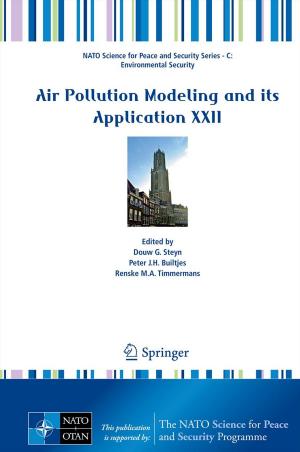The Thinking Person's Guide to Climate Change
Nonfiction, Science & Nature, Science, Other Sciences, Meteorology| Author: | Robert Henson | ISBN: | 9781940033860 |
| Publisher: | American Meteorological Society | Publication: | October 15, 2015 |
| Imprint: | American Meteorological Society | Language: | English |
| Author: | Robert Henson |
| ISBN: | 9781940033860 |
| Publisher: | American Meteorological Society |
| Publication: | October 15, 2015 |
| Imprint: | American Meteorological Society |
| Language: | English |
Everybody can be a thinking person when it comes to climate change, and this book is a perfect roadmap. Start a web search for “climate change” and the first three suggestions are “facts,” “news,” and “hoax.” The Thinking Person's Guide to Climate Change is rooted in the first, up to date on the second, and anything but the last. Produced by one of the most venerable atmospheric science organizations, it is a must-read for anyone looking for the full story on climate change.
Using global research and written with nonscientists in mind, the Guide breaks down the issues into straightforward categories: “Symptoms” covers signs such as melting ice and extreme weather, while “Science” lays out what we know and how we figured it out. “Debates” tackles the controversy and politics, while “Solutions” and “Actions” discuss what we can do as individuals and communities to create the best possible future. Full-color illustrations offer explanations of everything from how the greenhouse effect traps heat to which activities in everyday life emit the most carbon. Special-feature boxes zoom in on locations across the globe already experiencing the effects of a shifting climate.
The Thinking Person's Guide to Climate Change combines years of data with recent research, including conclusions from the Fifth Assessment Report of the Intergovernmental Panel on Climate Change. This reference provides the most comprehensive, yet accessible, overview of where climate science stands today, acknowledging controversies but standing strong in its stance that the climate is changing— and something needs to be done.
The Thinking Person's Guide to Climate Change is a full update and revision of Robert Henson’s The Rough Guide to Climate Change and is now published through the American Meteorological Society, with distribution through University of Chicago Press.
Everybody can be a thinking person when it comes to climate change, and this book is a perfect roadmap. Start a web search for “climate change” and the first three suggestions are “facts,” “news,” and “hoax.” The Thinking Person's Guide to Climate Change is rooted in the first, up to date on the second, and anything but the last. Produced by one of the most venerable atmospheric science organizations, it is a must-read for anyone looking for the full story on climate change.
Using global research and written with nonscientists in mind, the Guide breaks down the issues into straightforward categories: “Symptoms” covers signs such as melting ice and extreme weather, while “Science” lays out what we know and how we figured it out. “Debates” tackles the controversy and politics, while “Solutions” and “Actions” discuss what we can do as individuals and communities to create the best possible future. Full-color illustrations offer explanations of everything from how the greenhouse effect traps heat to which activities in everyday life emit the most carbon. Special-feature boxes zoom in on locations across the globe already experiencing the effects of a shifting climate.
The Thinking Person's Guide to Climate Change combines years of data with recent research, including conclusions from the Fifth Assessment Report of the Intergovernmental Panel on Climate Change. This reference provides the most comprehensive, yet accessible, overview of where climate science stands today, acknowledging controversies but standing strong in its stance that the climate is changing— and something needs to be done.
The Thinking Person's Guide to Climate Change is a full update and revision of Robert Henson’s The Rough Guide to Climate Change and is now published through the American Meteorological Society, with distribution through University of Chicago Press.


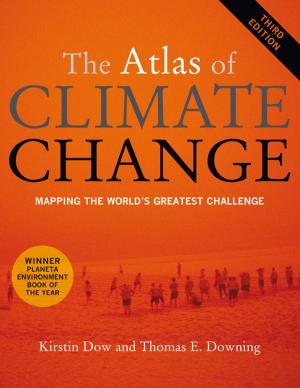

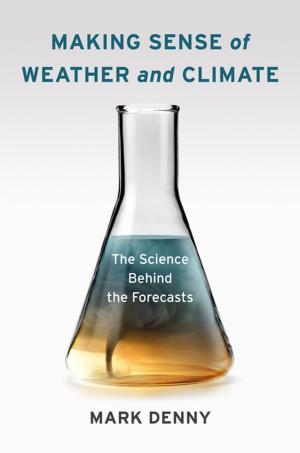


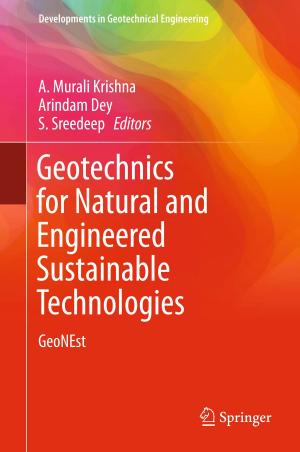
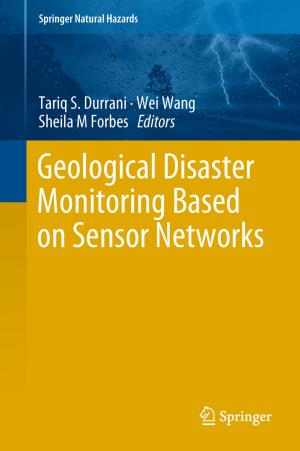
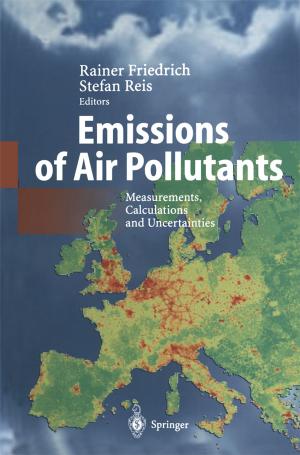
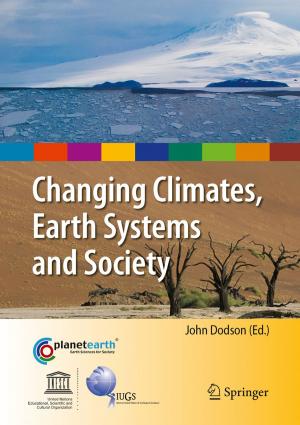

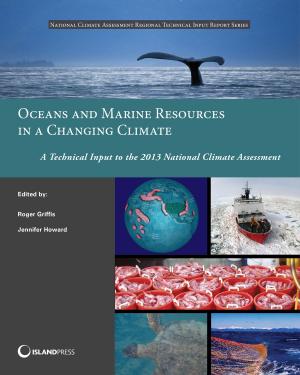
![Cover of the book Climate Change: An Encyclopedia of Science, Society, and Solutions [3 volumes] by Robert Henson](https://www.kuoky.com/images/2017/september/300x300/9781440840869-To45_300x.jpg)

